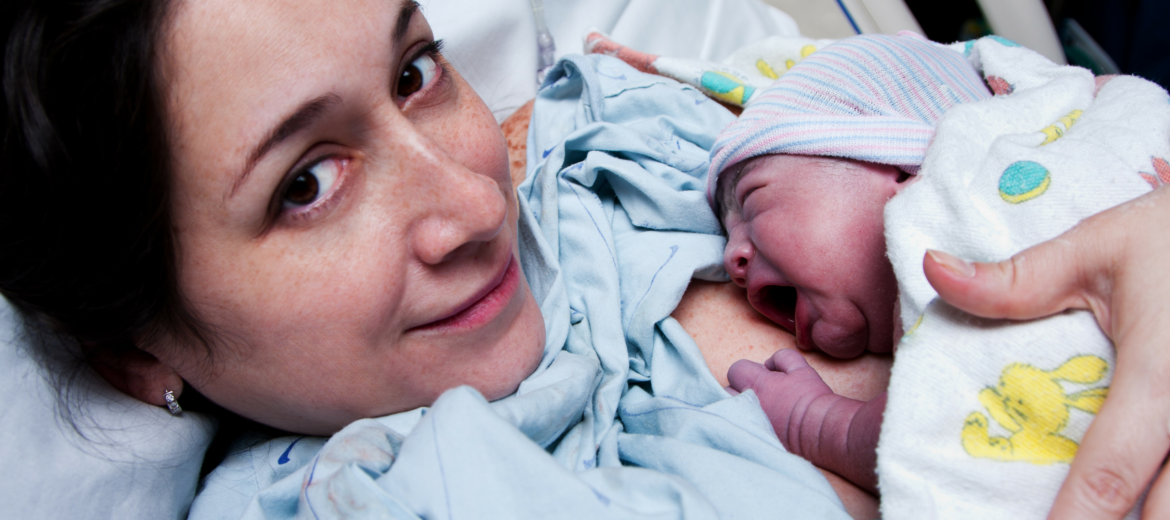When Vinita Sharma met her doctor, she had many questions about precautions after cesarean delivery.
She had a cesarean delivery because her low lying placenta was found to be blocking the mouth of the cervix in the third trimester.
Her concerns revolved around c section stitches, what to eat after cesarean delivery and dos and don’ts after c-section.
Also Read: 3 Things You Should Know about Vaginal Birth After Cesarean
1. Care for C Section Stitches
Vinita experienced pain in her stitch line and wanted to know how to deal with it.
“The pain in the stitch line can last for a week to ten days and painkillers can be prescribed to manage the pain,” says Dr Anita Sabherwal, Consultant Obstetrician at Sitaram Bhartia.
To ease the physical discomfort, you should return to a normal routine as soon as you can.
“Get some fresh air and resume your walks or light yoga again. You can even take your baby along with you” advises Dr Anita.
“But don’t lift any heavy weights or do anything strenuous for at least six weeks.”
“You should also avoid visiting overcrowded places to avoid chances of infection.”
2. Diet after Cesarean Delivery
One of the many precautions after cesarean delivery that Vinita had heard was related to food. Her friends suggested one thing and her mother in law suggested another.
Confused, she asked, “Is there any specific diet after cesarean delivery?”
“Your diet will mostly remain the same as it was during pregnancy. Ensure you continue to eat whole grains (such as brown bread, brown rice and wheat pasta) along with pulses to provide nutrition.”
nutrition.”
“You should also eat fruits like plums, strawberries, cherries and grapes that are rich in antioxidants.”
“Drink 6-8 glasses of water every day along with other fluids to avoid infection in the urinary tract which is common during pregnancy and the postpartum period.”
What not to eat after c section?
You can avoid consuming fried food and aerated drinks that cause gas.
3. Mood swings after delivery
Some precautions after cesarean delivery relate to mood swings.
“It is common for you to feel mixed emotions because of hormonal imbalances and the physical and mental strain of having to take care of a new baby.”
With most mothers, these changes settle within a couple of weeks.
“Remember this is a temporary phase. You will gradually become more confident in your new role.”
Vinita was comforted with the answers to her questions. She looked forward to going back home and bonding with her newborn.
 This article has been written with Dr. Anita Sabherwal Anand, Consultant, Obstetrician-Gynecologist at Sitaram Bhartia Hospital in South Delhi. Dr. Anita is a highly qualified gynecologist with 20+ years of experience who is trusted by low-risk and high-risk mothers alike for her guidance on having a healthy pregnancy and delivery.
This article has been written with Dr. Anita Sabherwal Anand, Consultant, Obstetrician-Gynecologist at Sitaram Bhartia Hospital in South Delhi. Dr. Anita is a highly qualified gynecologist with 20+ years of experience who is trusted by low-risk and high-risk mothers alike for her guidance on having a healthy pregnancy and delivery.
Seek expert advice from our expert gynaecologists. Come in for an in-person consultation at our hospital in South Delhi. Please call on +91 9871001458 to schedule your appointment with our experts.


